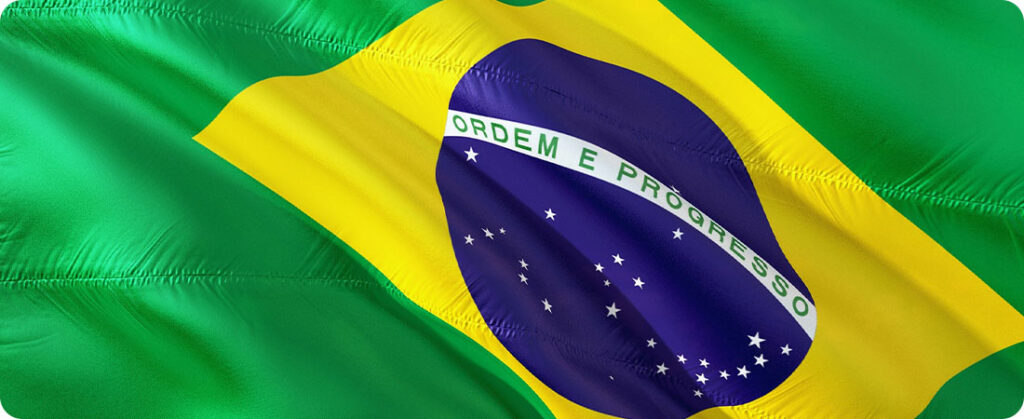
The Brazilian Amazon holds the energy of the future. This is what Milton Steagall, CEO of Grupo BBF (Brazil BioFuels), the largest palm oil producer in Latin America, assesses. Palm oil, or palm oil, can make Brazil a leader in biofuels and help decarbonize the Legal Amazon, according to a businessman.
CEO of Grupo BBF highlights palm as a sustainable crop, promoting recovery of the biome, replacement of fossil materials with renewable ones and local employability. “From palm oil it is possible to talk about bioeconomy within the electrical, chemical and biofuel sectors, in addition to agribusiness. The region has a true green pre-salt layer”, he states.
Brazil has the potential to cultivate palm in a fully sustainable way on around 31 million hectares of degraded areas in the Amazon region, according to Embrapa. Brazilian legislation for palm cultivation relies on Decree 7,172, established in 2010 by the Federal Government. This decree is considered the strictest in the world in this sector, as it allows palm trees to be cultivated only in areas that were deforested in the Amazon region until December 2007.
The palm oil revolution and the energy transformation in Brazil
Palm cultivation in Brazil occupies around 300 thousand hectares, with the BBF Group responsible for 75 thousand, without cutting down trees. This “green pre-salt” could generate up to 6 thousand liters of oil per hectare, potentially reaching 186 billion liters annually, surpassing Petrobras' oil production in 2022.
Currently, Brazilian palm oil production is modest, placing Brazil tenth among the largest producers. Indonesia, Malaysia and Thailand lead global production, responsible for 87% of the approximately 80 million tons produced annually.
From 2026, the BBF Group plans to start supplying SAF (Sustainable Aviation Fuel) and Green Diesel (RD), using palm oil grown in the Amazon region as raw material. However, this effort represents a significant step in the development of advanced biofuels in the country. The BBF Group's first biorefinery in Brazil will be able to produce around 500 million liters annually.
The BBF Group currently provides clean energy to more than 140,000 people in remote areas of the Amazon, through 25 biofuel thermoelectric plants. Furthermore, with an integrated business model, it creates approximately 24 thousand jobs, thus supporting the sustainable and economic development of Northern Brazil.
Source: Notícias Agrícolas











